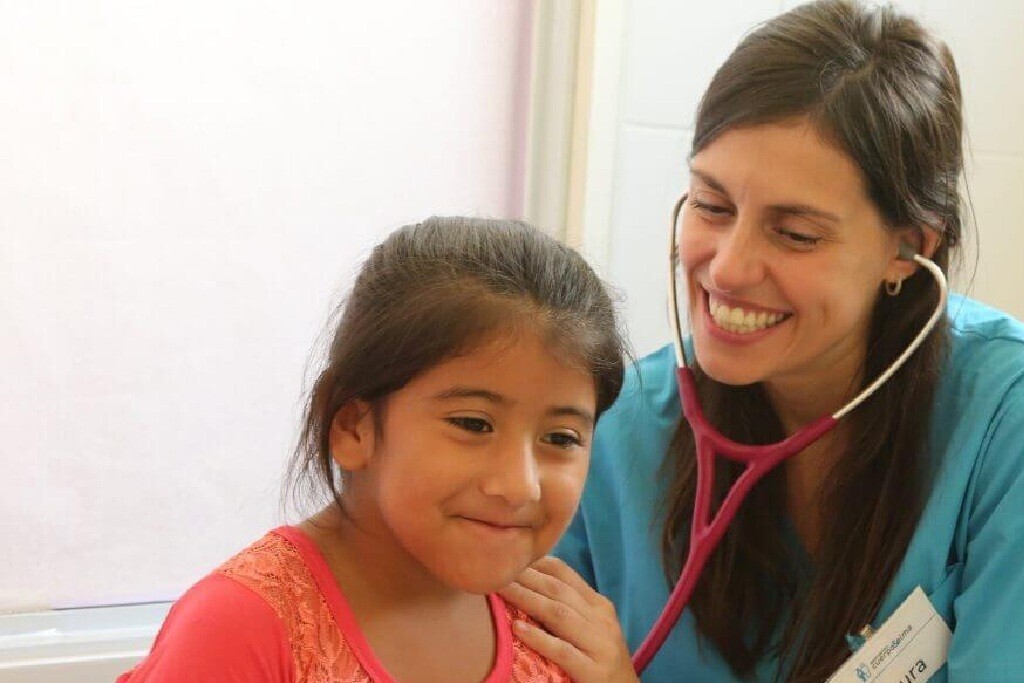
A school physical fitness exam is not just an administrative requirement but an opportunity to detect health issues early and promote healthy habits from childhood. This exam includes a general clinical evaluation, basic tests such as electrocardiograms, and specific assessments like ophthalmological and dental check-ups.
Detecting visual problems, hearing conditions, and other pathologies early is crucial for academic performance and students' health. These exams also allow for evaluating students' physical fitness, ensuring they can participate in school activities without risks to their health.
"These studies are essential for disease prevention and early detection of health problems," highlighted Dr. Rodrigo Montañes, pediatrician at Boreal Salud. The update of the school physical fitness exam, which includes vaccination schedule control, vision and hearing assessments, and in some cases electrocardiograms, is fundamental at the beginning of the school year to ensure students' well-being.
In addition to meeting school requirements, these exams ensure that children and adolescents are in optimal health conditions to face the academic year. Proper medical follow-up not only meets school demands but also allows for monitoring the child's overall development and fostering greater awareness of health care.
The review of the vaccination schedule and cardiovascular evaluation are key steps to prevent diseases and alert about potential risks that could affect long-term health. These regular checks help avoid future complications and ensure that children grow optimally and healthily.














